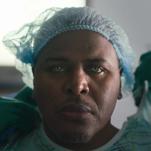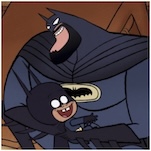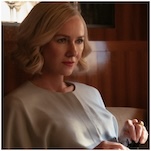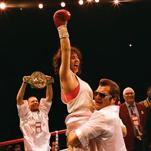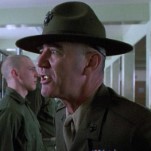The Release of Dexter’s Laboratory: The Complete Series Has Genndy Tartakovsky Looking Back at Where He Started
Photo Courtesy of Cartoon Network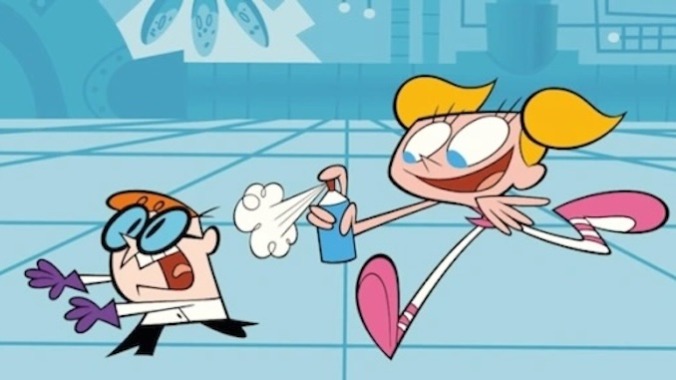
In the mercurial world of animation, change happens on a dime. Major studios, networks, and companies that were synonymous with the animation industry just aren’t around anymore. Luckily, iconic and celebrated artists still remain and continue to create, like industry legend Genndy Tartakovsky.
28 years ago, Tartakovsky’s series Dexter’s Laboratory helped launch Cartoon Network’s Cartoon Cartoon originals, and the animated series about a science-enthusiastic boy genius is now considered a modern classic. And Tartakovsky has continued to stay with the network, creating Samurai Jack, Star Wars: Clone Wars, Sym-Bionic Titan, and his most recent for Adult Swim, Primal and Unicorn: Warriors Eternal.
Long overdue, Dexter’s Laboratory: The Complete Series has finally been collected with all 78 episodes and the movie Dexter’s Laboratory: Ego Trip. Paste reconnected with Tartakovsky to discuss the legacy of the series and how it continues to influence his comedic instincts and animation goals to this day.
-

-

-

-

-

-

-

-

-

-

-

-

-

-

-

-

-

-

-

-

-

-

-

-

-

-

-

-

-

-

-

-

-

-

-

-

-

-

-

-














